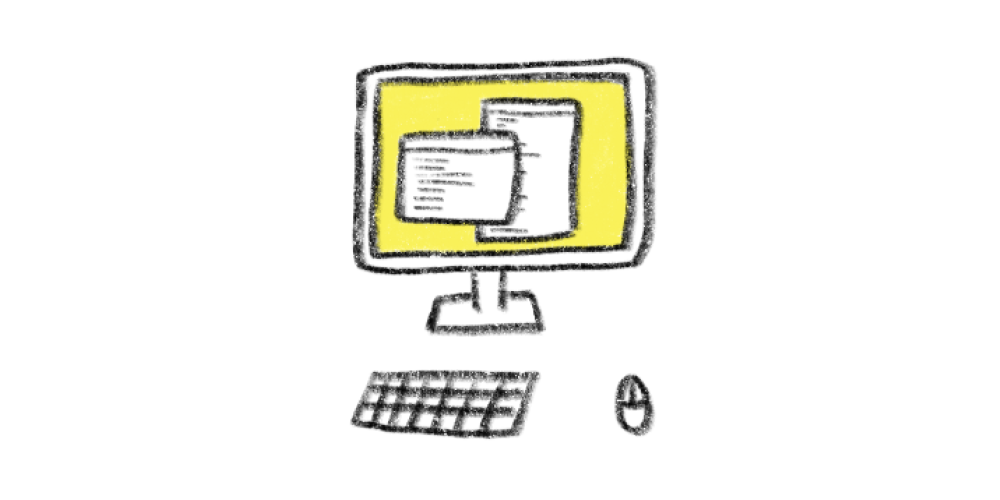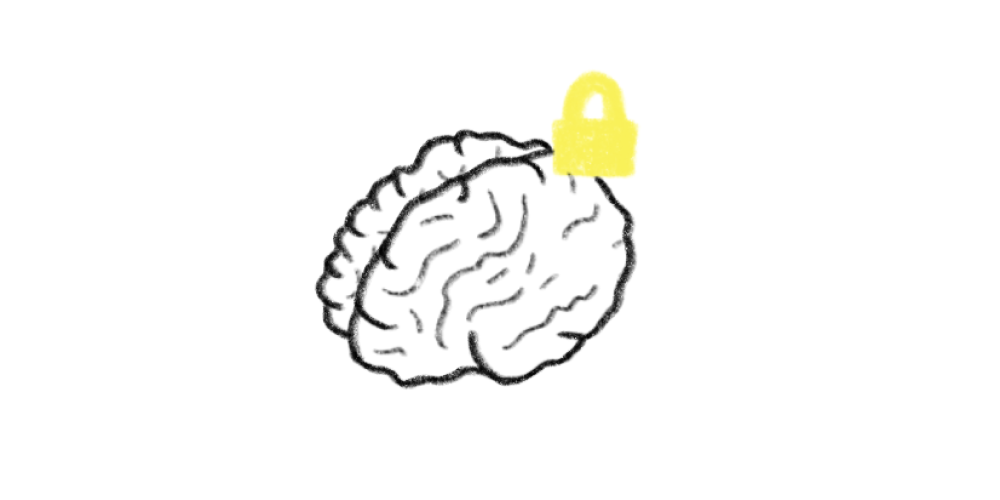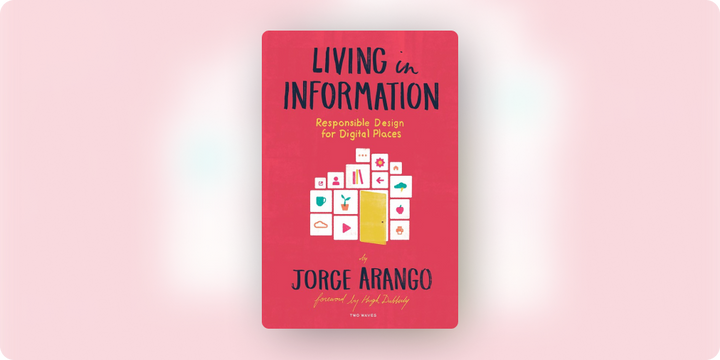📖 Abolish Silicon Valley by Wendy Liu
Fed-up with the tech industry's anti-social practices, Wendy Liu examines our current economic system's flaws through the lens of technology and proposes a model to reclaim our world from the reign of capital.

I've been thinking a lot about how perverted the tech industry has become these past years and about how deplorable it is that surveillance and advertising are the principal business models of the Internet. Or that it needs a business model at all!
I like to imagine what it would be like to decouple the Internet from capitalism. We could truly tap into its limitless potential to become the greatest open and free agora for society at large. A public space leveraged for shared knowledge, participatory innovation and, primarily, to benefit society.
I'm still not getting over this book and how precisely and thoroughly Liu has managed to lay out the situation. Here are my key learnings:
"Profit should be treated as a sign that the system is in need of correction."
The profit that companies touch by solving a problem sould not be viewed as a success. It should be used simply to highlight where society's most urgent problems reside.
As an example, instead of attributing ride-sharing apps' innovation to a handful of private companies and entitling them with limitless profit, their success should be seen as proof that a given city has a poor public transport network and that something should be done about it.
Profit has reason to exist, but it shouldn't be the pillar around which we secondarily organize society. When it happens in areas that address larger societal issues, it should become the responsibility of public domain where it can be democratically oriented towards more societal ends.
“The finite resources in this world —natural, land, people’s time— are all managed through one system, and this system is currently over-indexed on encouraging corporations to pursue profit at the expense of societal welfare.”
Having identified the 5 most important domains to reclaim, Liu proposes a new industrial model.
"The aim of abolishing Silicon Valley is to reclaim our world from capital, which means diminishing the power that money holds over our lives."

Reclaiming Entrepreneurship
Entrepreneurship should be a public endeavour, funded by publicly-owned investments. If government funded businesses, the focus would shift from profit to public service. This would prevent private shareholders from steering the growth of products and services that are used by billions of people in the shallow direction of profit for the sake of profit.

Reclaiming Work
To reclaim salaries, we could establish a maximum wage based on the minimum one. Tying CEO's salaries to their lowest-paid worker's wage would reduce the gap and encourage public salary transparency for the benefit of the majority. (The CEO-worker pay ratio was 287:1 in 2018, Vox)
On the topic of hiring, Liu suggests taking inspiration from the hiring hall model. Workers would be assigned to project-based work in various companies and then come back to a common hiring pool where knowledge would remain public domain. This would reinforce worker's loyalty towards their class as opposed to their employer.
Tying health insurance to employment continues to be a terrible idea
— Austen Allred (@Austen) August 25, 2020
Another aspect the author brings up is the need for licensing software engineering like we have done in medicine and architecture. “This licensing process could also come with the software version of the Hippocratic oath, which could serve as an ethical baseline for when to blow the whistle.”

Reclaiming Public Services
To reclaim community, we should have better funded public spaces like libraries and community centers instead of privately-owned WeWorks. We also shouldn't have to pay individually for things that are socially valuable like digital media.
Through progressive taxation, we would increase the number of free public services and gradually reduce the importance of money by reducing the number of outlets for it.

Reclaiming Intellectual Property
To reclaim data property, data should be owned by the individual who created it, not by the company claiming to own it because they have captured it. Data should be portable for individuals to intentionally allow selected ouputs.
To reclaim innovation, instead of competing companies developing technology in secret, we should focus on decentralization and more open protocols and standards that can be freely implemented.
Another idea that the author presents really resonated with me. Here she is on Google's mission statement: "It wasn’t clear to me that organising the world’s information should be the provenance of a for-profit company, rather than a democratic effort outside the purview of the profit motive." Liu believes the Google Search Index should be considered public property. After all, they did not invent the content, they are just organizing it. They shouldn't have an exclusive right to profit off of it. Google could be licensed to run it for public benefit, but its terms would have to be democratically contestable.

Reclaiming Culture
"Advertising is a key component of capital’s control over culture."
To reclaim culture, we should have more regulations and restrictions for ads paid by companies with unsustainable environmental impact or unethical labour practices.
“Stepping backwards can be a good thing if you’ve been moving in the wrong direction.”
Liu explains that she started this book wanting to understand the problems with the tech industry and that she gradually realized how they are but a reflection of the greater issues and contradictions of society at large. Which is what I've also found myself thinking recently.
Of course capitalism is in many ways better than what came before it, but we're at a point where we've given too much power to money and the economic system needs to evolve. Capitalism is like society's adolescence phase and Silicon Valley is but a symptom of its puberty. The economy needs to grow up.
If you’re curious to read more, consider borrowing this book from your local library or buying it from a local bookstore. Here are some suggestions:
- 📍 For Montreal folks, here it is on Les libraires
- 🇨🇦 Try this Google Map of Canadian Indie Bookstores Who Deliver (New Books)
- 🇺🇸 Search for your ZipCode and find it locally on IndieBound
- 🇪🇺 Free worldwide delivery shipped from the UK at Book Depository



